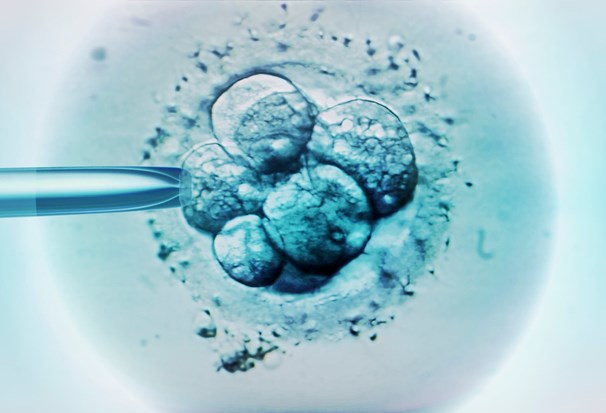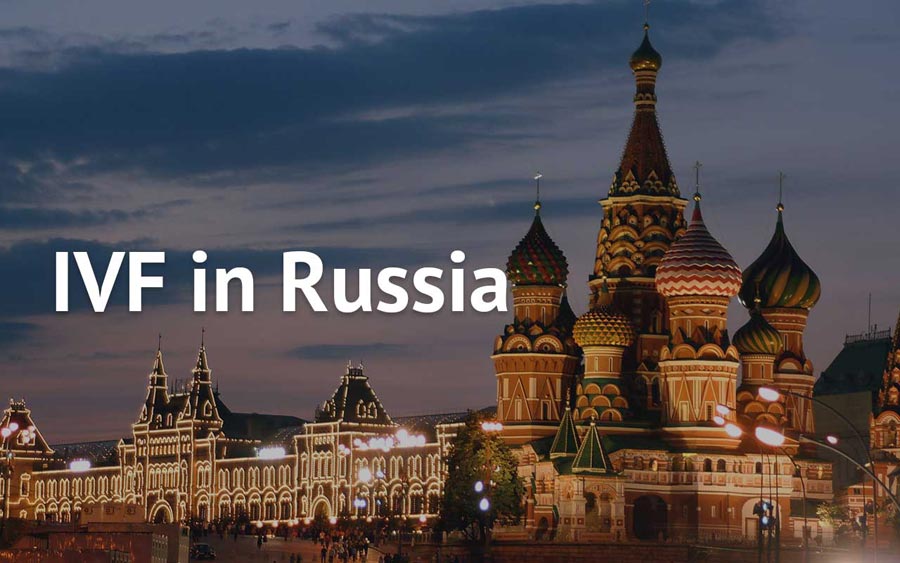Table of Content
IVF in Russia has always intrigued thousands of child-seeking patients with its cost-effective, yet ethical treatment options all around the year. While the cost of IVF treatment here is much lower than in other western countries, you can always stay assured of receiving top-notch care and medical support at every point in time.
Still, being an intended parent, you must take a deep understanding of every legal and ethical complication related to IVF in Russia.
Is IVF legal in Russia?
IVF is legal in Russia as of now. Still, the Ministry of Health oversees legislation governing IVF in Russia (Regulation 107n). Moreover, despite the fact that Russia is divided into several federal districts, each with its own medical laws, these regulations apply in general.
- Unmarried individuals, as well as single women, have legal access to assisted reproduction.
- Legally, relationships between men of the same sex are not permitted.
- IVF treatment has a legal age restriction of 50 years old. It is at the clinic’s own risk if it treats older women.
- Non-medical reasons are not permitted for sex selection.
- Sperm and egg donation can be done anonymously or not. You cannot meet or get to know the donor personally just because they are not anonymous. It refers to how much information about the donor you are permitted to view.
- Surrogacy is acceptable.
- The maximum number of embryos that may be transferred per woman is two, according to law. However, a woman would need to sign consent if she wanted to transfer three embryos.
- The freezing of eggs is allowed
Pre-requisites for the IVF clinic in Russia

Besides, there is an inspection conducted before the licenses are issued. Moreover, the clinics are also inspected again if there are a lot of patient complaints.
How much does IVF cost in Russia?
In Russia, both married and unmarried opposite-sex couples as well as single women have access to IVF treatment in Russia. Besides, IVF is only permitted for women who are at least 50 years old. That said, same-sex couples are not eligible for treatment. Moreover, there are about 140 IVF clinics in Russia that offer anonymous and non-anonymous donors, and a transfer of no more than three embryos is permitted. On the other side, IVF in Russia using one’s own eggs can cost between €2000 and €5000. Moreover, the same IVF cost in Russia would go higher if you are bringing a sperm or egg donor into the picture.
The cost of IVF in Russia using donor eggs ranges from €3,800 to €7,000. Besides, it’s crucial to keep in mind that not all additional services may be included in the prices that clinics disclose to the general public. So, you must make sure there are no hidden fees in order to receive accurate IVF treatment costs in Russia.
At the same time, sperm donors can either be anonymous or known during the IVF treatment in Russia. Moreover, using a sperm donor to conceive is a fertility treatment known as donor insemination. On the other side, Intrauterine insemination (IUI) using a donor’s or an intended parent’s sperm is the most common form of insemination, but donor insemination can also be used with intra-vaginal insemination or as a component of an IVF cycle. That said, the IVF treatment costs in Russia with donor sperm-based procedure ranges from $150 to $400.
Egg freezing in Russia

Embryo Donation in Russia
In Russia, embryo donation is legal and both donated embryos from completed families and embryos from fresh egg and sperm donations are acceptable. Besides, the typical storage period for embryos is up to 25 years, though there are no strict legal restrictions on this. On the other side, frozen embryo donations typically cost 2214 euros, while fresh embryo donations cost 3520 euros. However, you’ll likely also need to pay for the initial consultation and any necessary medications as a part of the IVF cost in Russia.
How can we help?
At Become Parents, we are backed with all the required expertise to bring you the most satisfactory experience related to IVF treatment in Russia. With our professionals by your side, you need not worry about any legal or medical complications during your IVF journey in the country.
Connect with one of our coordinators today to schedule a free consultation!

